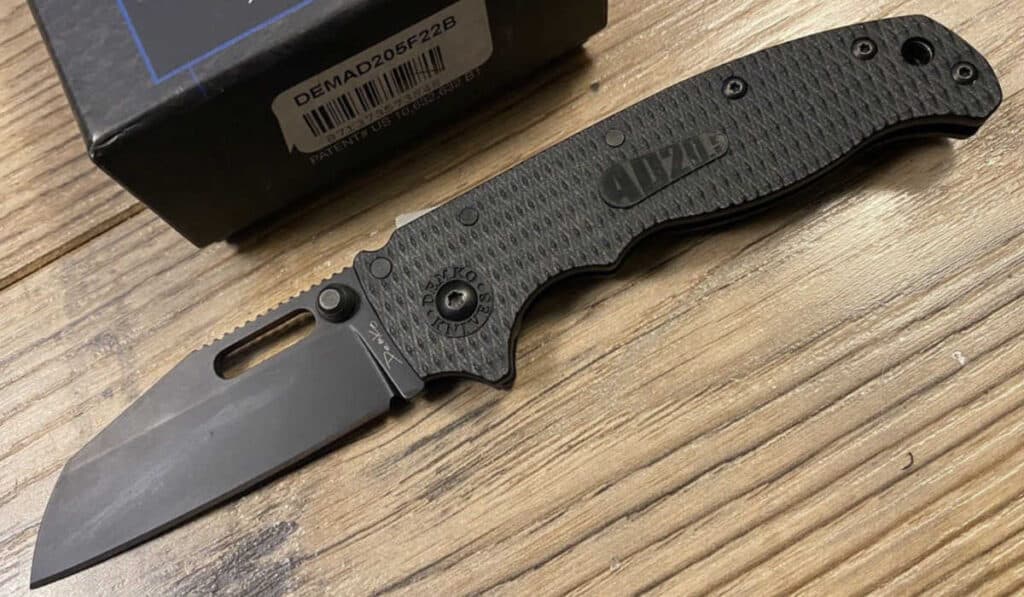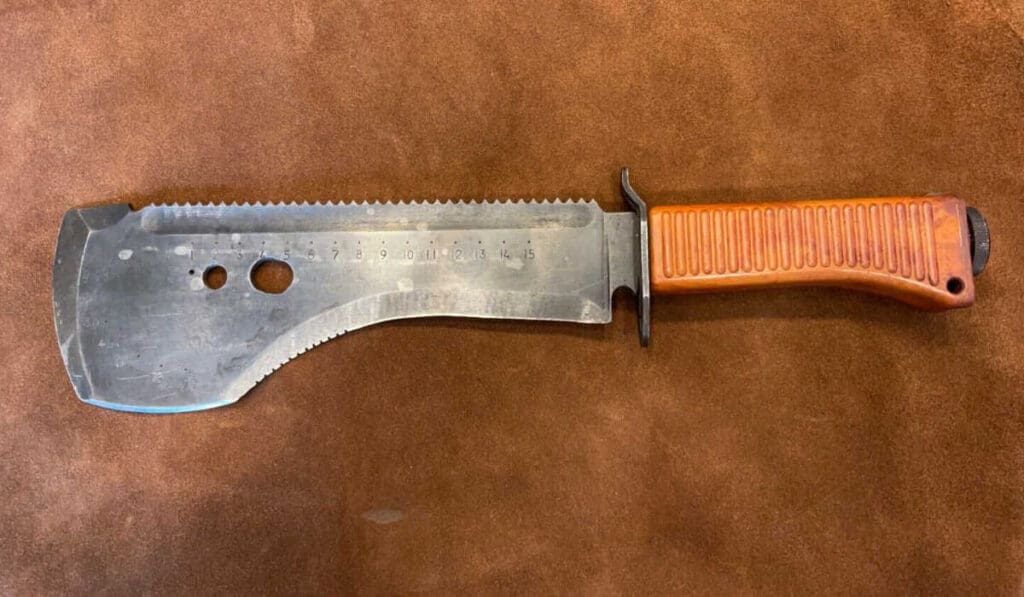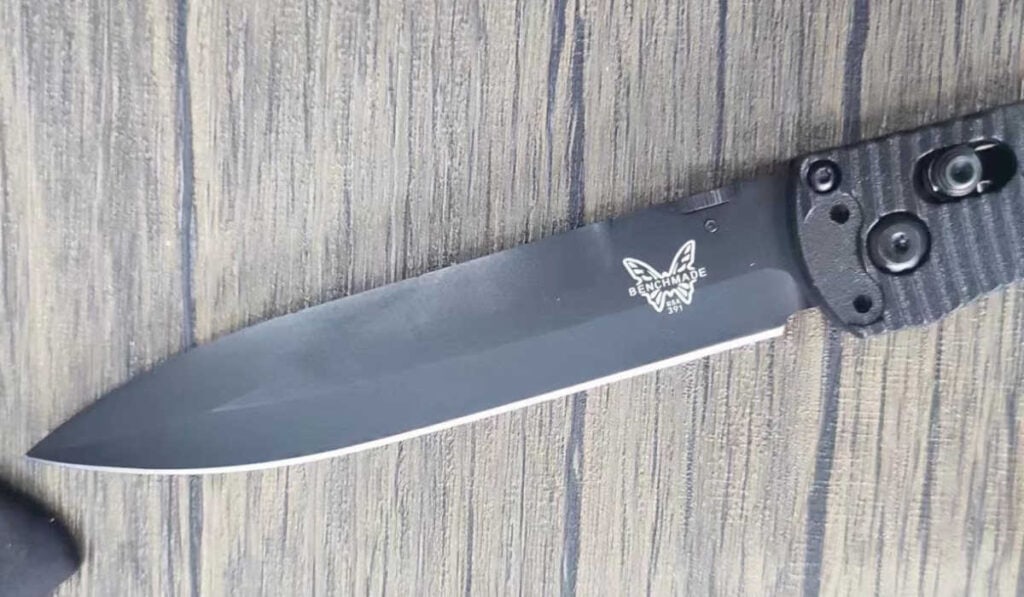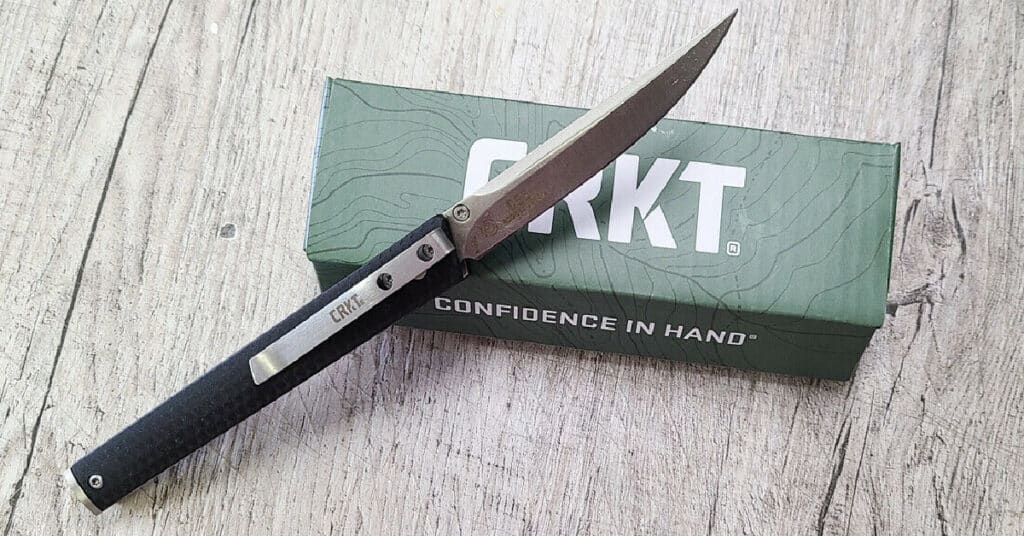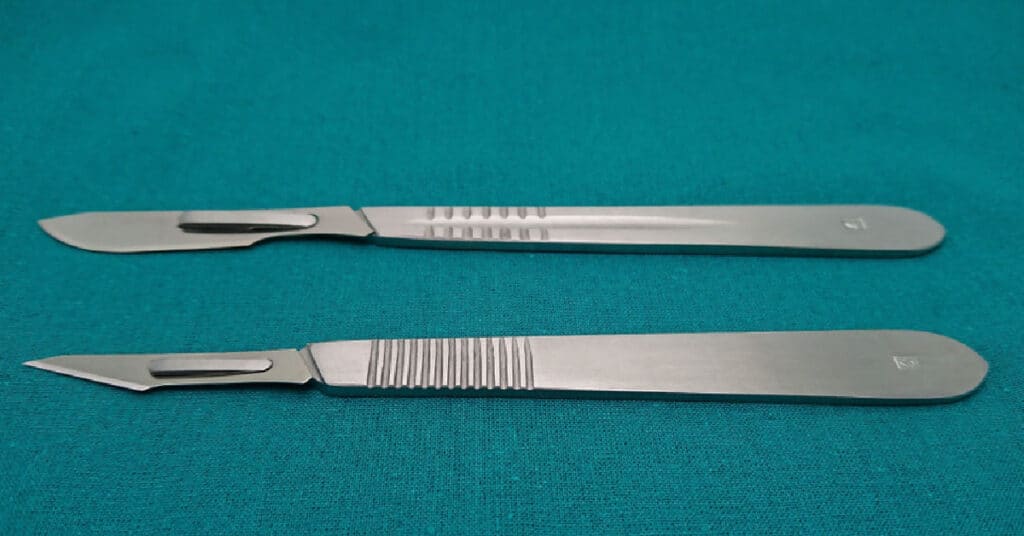Last updated on October 21st, 2023 at 08:24 pm
As an Amazon Associate I earn from qualifying purchases.
Are you interested in learning more about knife laws in the state of Tennessee?
Whether you’re a collector or an everyday user, it’s important to understand how your rights and responsibilities as a knife owner may vary depending on where you live.
In this guide, we will provide an overview of Tennessee knife law, discussing topics such as carrying and concealing knives, restrictions on sale and ownership, penalties for violating these laws, and preemption regulations concerning local control over knives within the state of Tennessee.
Stay tuned to learn all there is to know (or at least all I could decipher) about owning pocketknives responsibly.
Our Top Rated “50-State-Legal” Knives
*These knives are listed based on their broad legality across states, but always consult your local laws before making a purchase.
Overview of Tennessee Knife Laws
Knives are an important tool for many people, and the laws governing them vary from state to state. In Tennessee, there are no restrictions on what types of knives can be carried or possessed in public places, making it one of the most knife-friendly states.
Does Tennessee Have Statewide Preemption Knife Laws?
Yes, Tennessee’s preemption law prevents local governments from enacting their own knife laws that are more restrictive than state law. This ensures that any regulations on the possession, sale, transfer, or ownership of knives are consistent with Tennessee state statutes.
Under this preemption law, it is illegal for a county or municipality to pass an ordinance prohibiting the possession or carrying of any type of knife allowed by state statute. They also cannot pass ordinances restricting the sale or transfer of these types of knives. Local governments may still regulate the carrying of knives in certain locations such as schools and government buildings.
Definition of a Knife
A knife is defined as a sharp-pointed or edged instrument. This definition excludes unaltered nail files and clips, as well as tools that are used solely for the preparation of food, instruction, and maintenance.
Types of Knives Allowed in Tennessee
In Tennessee, you may carry most folding pocket knives openly or conceal them without any special permit. However, carrying them on school grounds or at government buildings like courthouses and police stations is prohibited. There are no restrictions on the length or type of knife that can be carried, and previously prohibited knives such as automatic knives, ballistic knives, and switchblades are now legal.
Prohibited Knives in Tennessee
Tennessee law does not list any prohibited or restricted knives.
However, anyone under 18 years old is prohibited from possessing any type of knife, except those specifically designed for hunting purposes, such as skinning animals or cleaning fish caught during recreational activities like fishing trips with family members who are over 18 years old.
Carrying and Concealing Knives in Tennessee
In Tennessee, it is legal to carry a knife openly or concealed without any restrictions. Tennessee makes no distinction between open and concealed carry of knives.
However, just because you can legally own and carry a knife in public does not mean that you can take it to work or to school.
Possession of Knives on School Property
In Tennessee, it is against the law to possess or carry a knife on any school property, whether public or private, from kindergarten through university.
Restrictions on Sale, Transfer, and Ownership of Knives in Tennessee
There are no noted restrictions on the sale, transfer, and ownership of knives in Tennessee.
Penalties for Violating Knife Laws in Tennessee
A person found guilty of carrying or possessing a knife with the intent to use it during the commission of a dangerous offense could be charged under § 39-17-1307. Violations related to carrying or possessing knives on school property are considered a Class E felony, punishable by up to six years in prison and/or a fine of up to $3,000.
FAQs in Relation to Tennessee Knife Law
What knives are illegal in Tennessee?
In Tennessee, there are no knives listed as being “prohibited” by state laws.
Do you need a permit to carry a knife in Tennessee?
A permit is not required to carry or conceal a knife in Tennessee.
Are switchblades legal in Tennessee?
Switchblades are legal in Tennessee. The ban on switchblades was repealed in 2014. You can openly or conceal carry switchblades without any specific blade length restriction, given that you do not intend to use them unlawfully.
Are butterfly knives illegal in Tennessee?
Butterfly knives, also known as balisong knives, are not specifically mentioned in Tennessee knife laws and are therefore legal to possess, carry, and use within the state. The same rules apply for butterfly knives as for other legal knives in Tennessee; they can be carried openly or concealed as long as the intent is not unlawful.
Are automatic knives legal in Tennessee?
Automatic knives are legal in Tennessee. Automatic knives, which include switchblades, were previously banned but the restriction was lifted in 2014. They can be openly carried or concealed without any blade length restriction, provided that you do not intend to use them unlawfully.
Tennessee State Knife Law References
Official Sources of Tennessee’s Knife Laws
- Tennessee Code Title 39 – Criminal Offenses, Part 13 – Weapons, specifically sections:
- § 39-17-1301: Definitions.
- § 39-17-1307: Unlawful carrying or possession of a weapon.
- § 39-17-1314: Local regulation of firearms, ammunition, or components preempted.
- Section 7 of HB 581: Rule of preemption regarding knife ownership statutes.
Significant Court Cases
| Case Title | Summary |
|---|---|
| Aymette v. State | Upheld a ban on concealed carry of Bowie knives without violating the state constitution. |
| Lawrenceburg 2018 Case | Stripped a Tennessee cop of immunity in a fatal shooting of a man holding a knife. |
| Parton v. Smoky Mountain Knife Works | Case in the Eastern District of Tennessee involving Smoky Mountain Knife Works. |
Timeline of Major Changes
- Pre-2013: Tennessee had historically enacted restrictive knife laws.
- 2013: Statewide preemption law passed to prevent local governments from enacting stricter knife laws.
- 2014: SB 1771 signed into law by Governor Bill Haslam, legalizing the possession of automatic knives (switchblades) or knives over four inches in length effective July 1, 2014.
- 2018: A bill passed banning most knives with a blade over 5.5 inches long.
- 2023: A bill signed allowing knife carry at polls, part of ongoing efforts since 2013 to rewrite knife law in Tennessee.
Conclusion
In conclusion, it is important to be aware of the knife laws in Tennessee. Knife owners should familiarize themselves with the restrictions on carrying and concealing knives, possession of knives on school property, as well as the lack of restrictions on sale and transfer regulations. It is also important to note that local governments may not pass ordinances or regulations regarding knives that are more restrictive than state law.
By understanding these laws and regulations, you can ensure that you are abiding by all applicable Tennessee knife law statutes when owning or using a pocketknife in the state of Tennessee.
Do Sheepsfoot Blades Have A Purpose? (Cuz They’re Ugly…)
Spetsnaz Machetes – Blades Of The Russian Special Forces
What Is The Actual Purpose Of A Spear Point Knife Blade?
CRKT CEO Review – Coolest, Most Worthless Knife Ever?
How Sharp Is A Scalpel? (Is It Sharper Than A Razor?)
Can You Shave With A Knife? (Yes, Here’s How)
As an Amazon Associate I earn from qualifying purchases.





